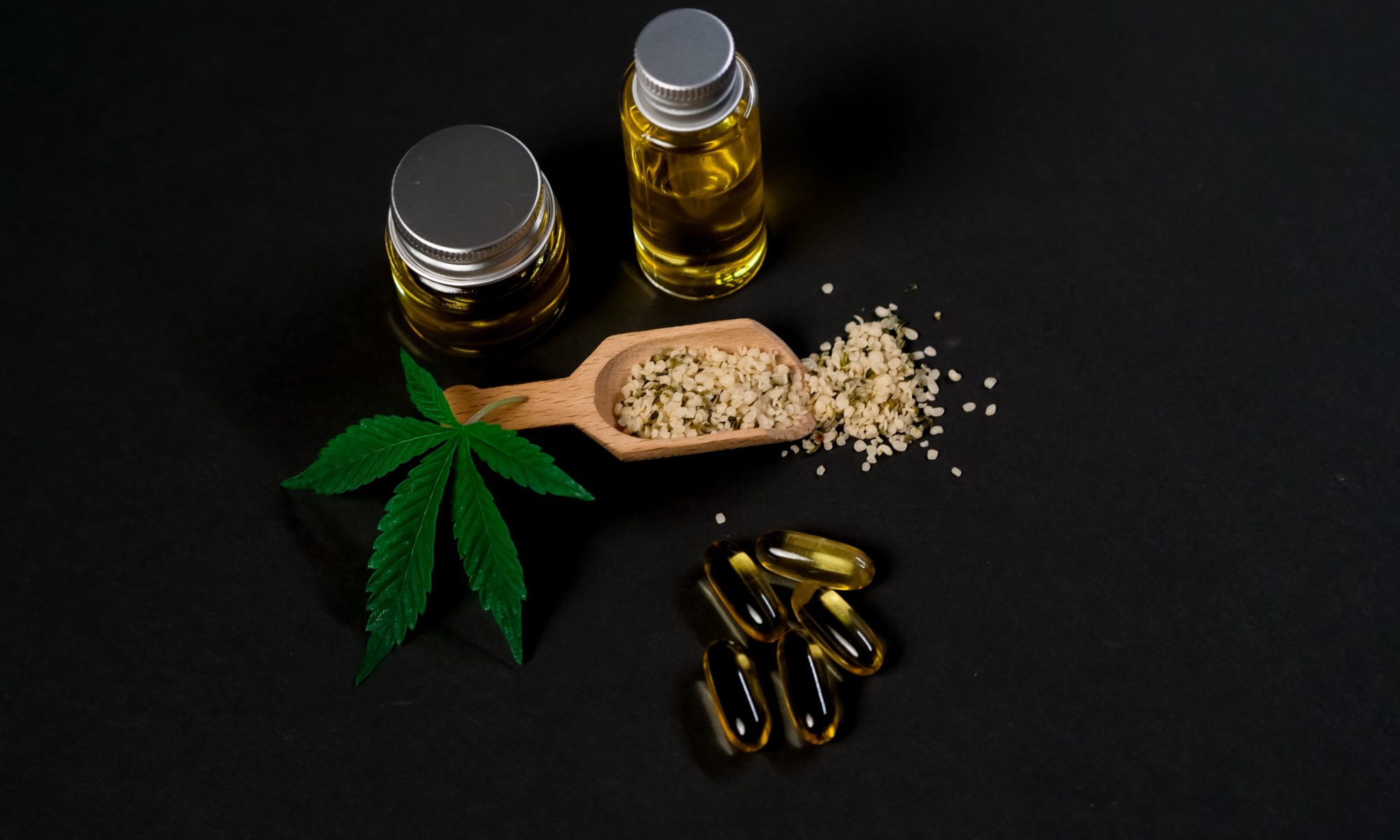Hemp seeds may not seem like a popular nutritional addition to your diet, but they are full of healthy protein, fats, and other vitamins and minerals. The seeds come from the Cannabis sativa plant, which is the same hemp plant that produces marijuana.
While hemp seeds contain trace amounts of THC, they do not have enough of the compound to induce psychoactive properties. Therefore, many professionals consider hemp seeds safe and beneficial.
Not convinced? Nutritionists point to at least six health benefits of hemp seeds as reasons to try adding them to your diet.
1. Nutritional Value

Hemp seeds are members of the nut family. Often called hemp hearts, the seeds have a mild, nutty flavor. Over 30% of the seed is fat, with much of that content being two essential fatty acids — linoleic acid and alpha-linolenic acid. Also, the seeds contain a fair amount of gamma-linolenic acid.
Besides a healthy fat content, over 25% of hemp seed calories come from protein. The high-quality protein source is richer than comparable chia seeds and flaxseeds.
Finally, the seeds are an excellent source of other vitamins and minerals. Some of the nutrients in hemp seeds include:
- Vitamin E
- Potassium
- Magnesium
- Sulfur
- Calcium
- Iron
- Zinc
- Phosphorous
2. Skin Condition Relief

As a resource of polyunsaturated fats and essential fatty acids, hemp seeds provide a good balance between omega-6 and omega-3. The balance between these essential fatty acids can affect the immune system.
Inflammation is an immune system response that can aggravate certain skin conditions, such as eczema. Hemp seeds can reduce symptoms of such conditions because it provides an optimum ratio of fatty acids. Also, some research indicates hemp seed oil can reduce the need for skin medication, relieve dry skin, and reduce itchiness.
3. Plant-Based Protein

As a complete protein source, hemp seeds provide all essential amino acids. They are also excellent protein options for people on plant-based diets. Researchers suggest hemp seeds provide protein amounts similar to beef and lamb by weight. For example, two or three tablespoons of hemp seeds are equivalent to about 11 grams of protein.
4. Digestive Health

Whole hemp seeds provide soluble and insoluble fiber, 20% and 80%, respectively. Fiber is crucial to a healthy diet. Unfortunately, shelling hemp seeds eliminates nearly all fiber benefits.
5. PMS and Menopause Relief

PMS and menopause can cause physical and emotional symptoms in up to 80% of women. Prolactin is likely responsible for many adverse PMS symptoms. Hemp seeds contain gamma-linolenic acid, which produces prostaglandin E1. Prostaglandin E1 can help reduce the effect of the hormone, easing menstrual symptoms. Also, some studies indicate GLA can help with menopause, but it is not yet clear how this works.
6. Heart Health

According to the CDC, in the U.S., one person dies every 34 seconds from cardiovascular disease. Hemp seeds can reduce the chances of heart problems with the amino acid arginine. The amino acid produces nitric oxide. The gas molecule forces blood vessels to dilate, lowering blood pressure and reducing the risk of heart issues.
Hemp seeds are excellent sources of fiber, protein, and other essential nutrients. Try adding a couple of spoonfuls to recipes every week. Talk to your doctor before adding any new food to your diet.

